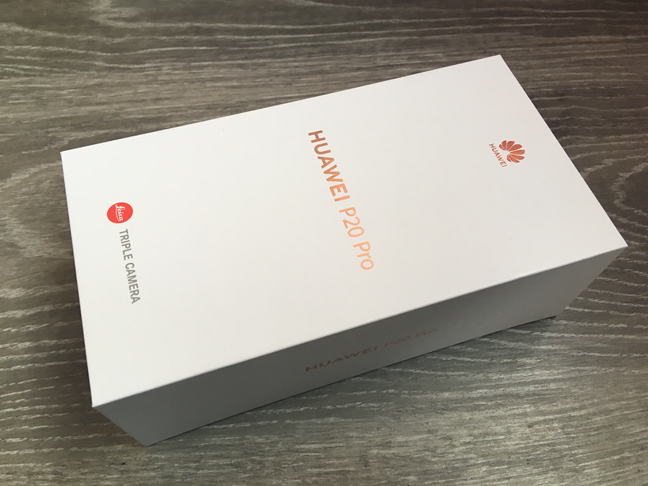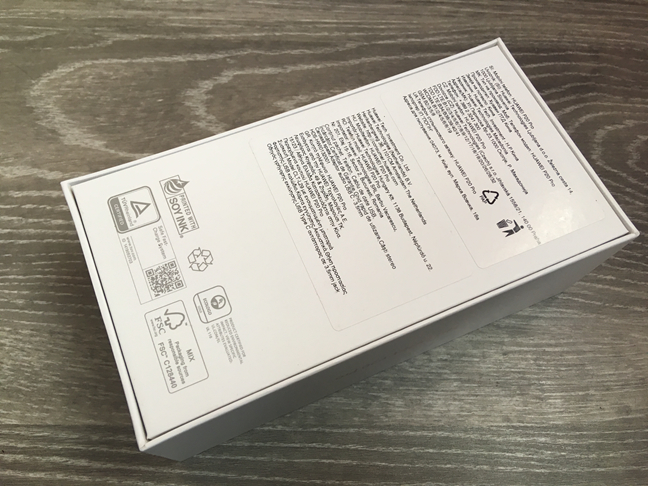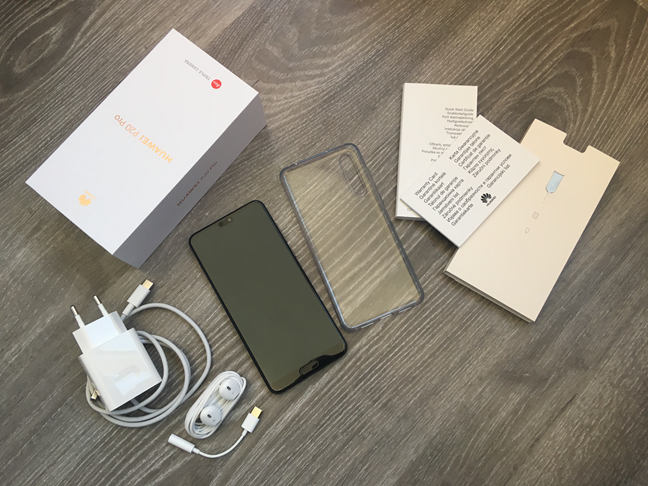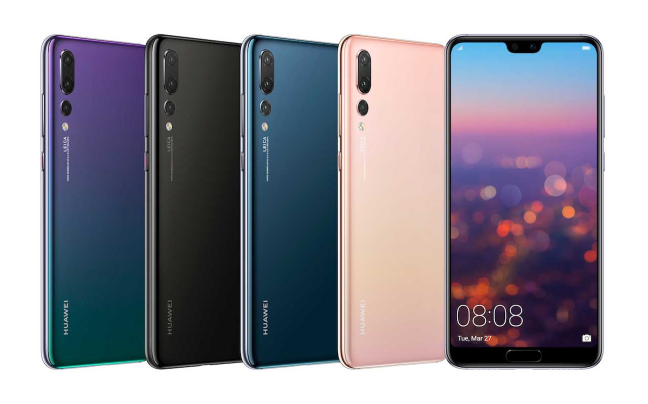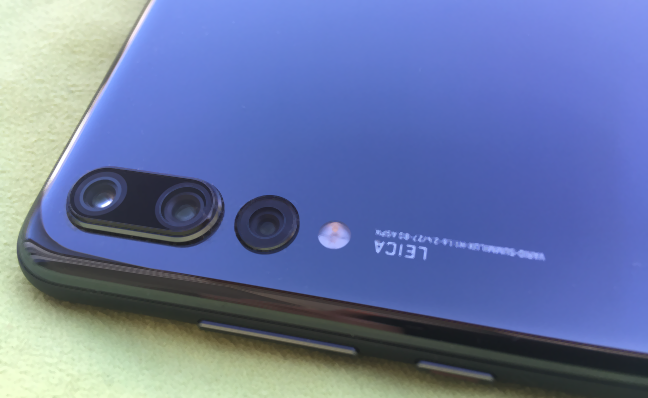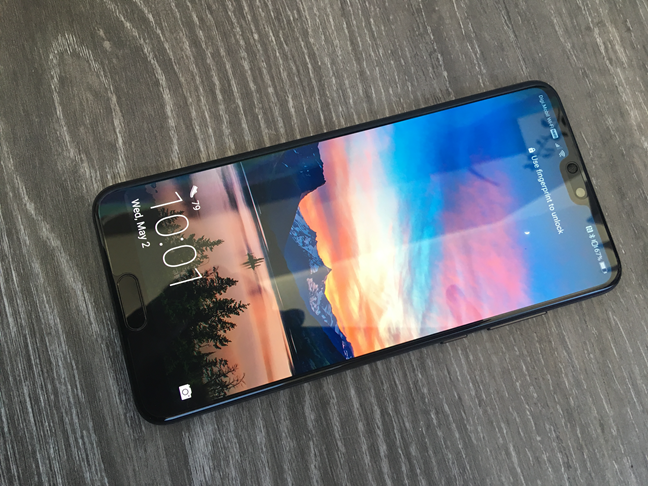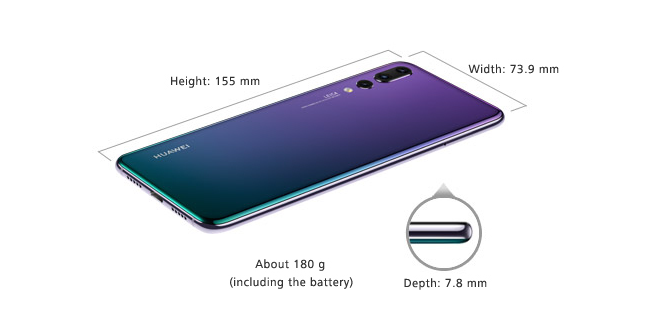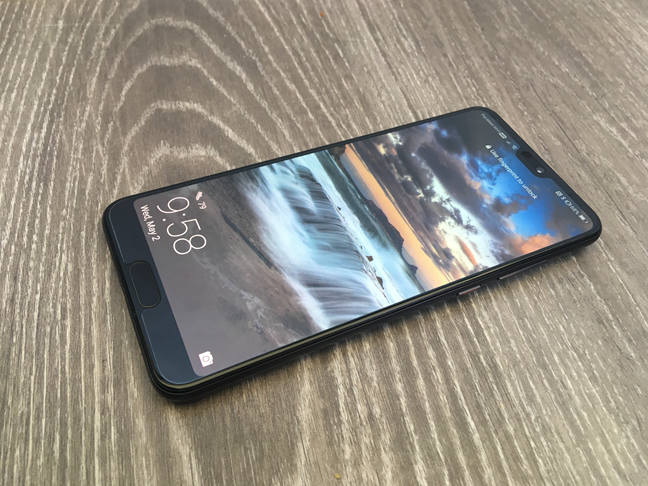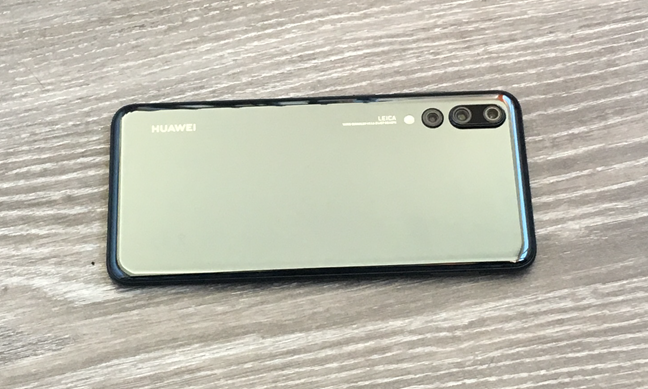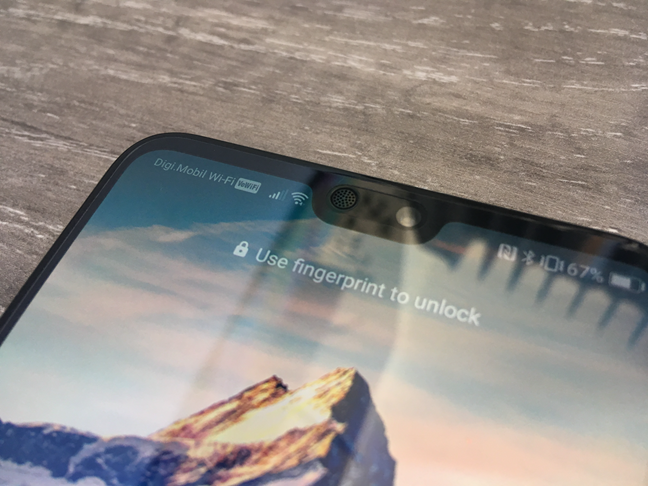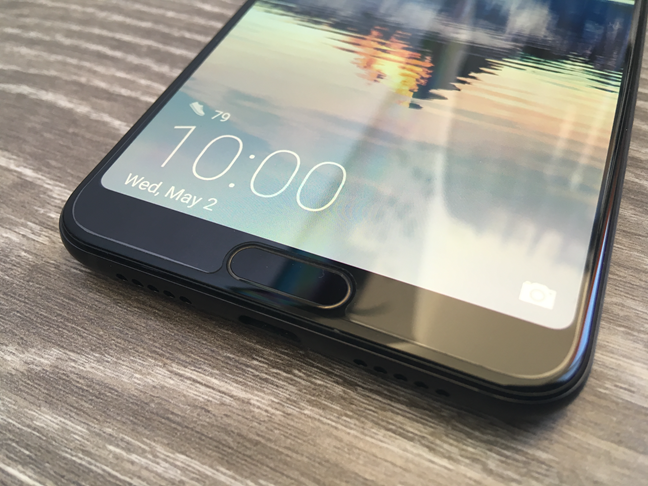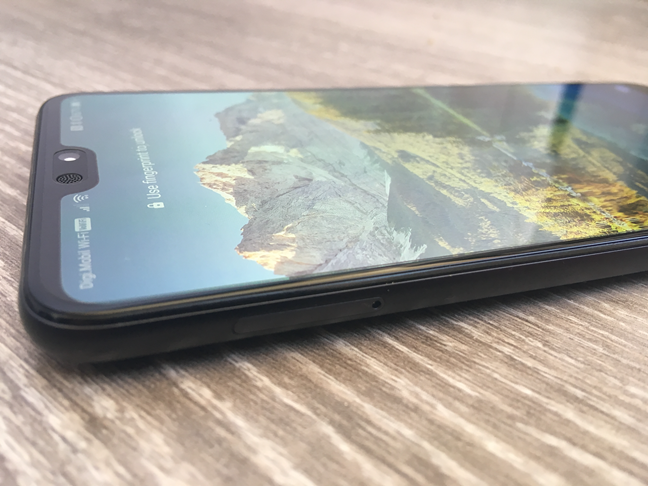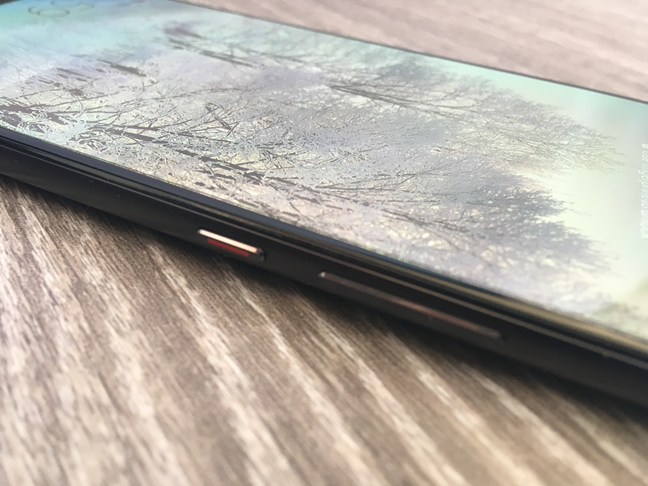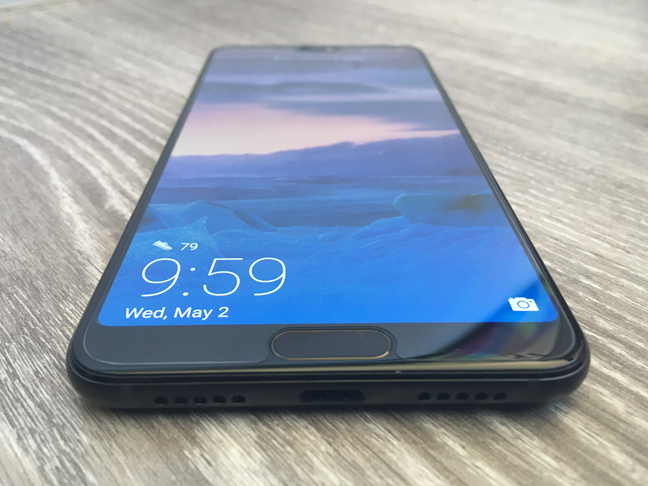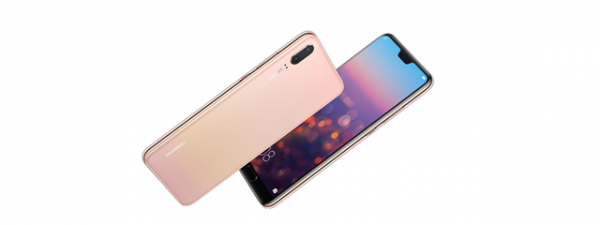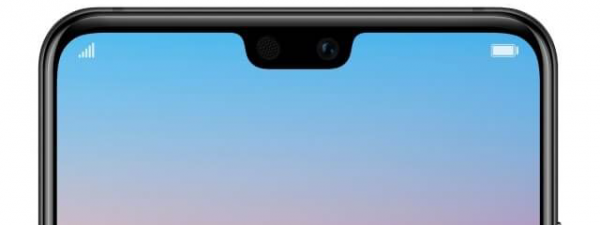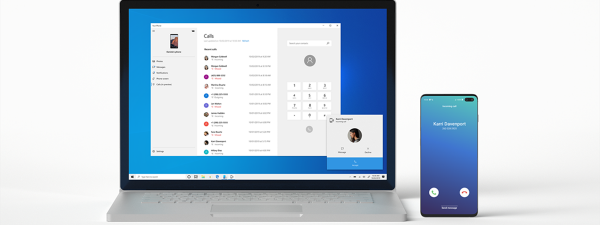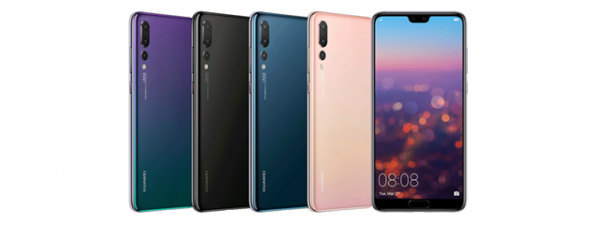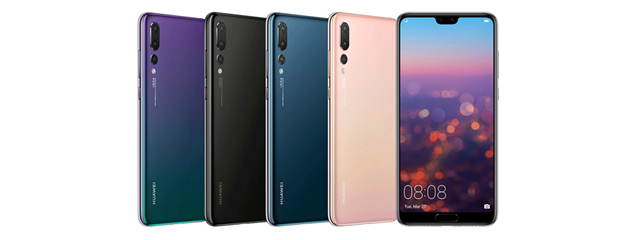
Huawei P20 Pro is the best smartphone made by Huawei, and it competes for the title of the "best smartphone of the year" alongside big names like Samsung Galaxy S9 Plus and the iPhone X. It runs on the latest mobile hardware available, it looks great, and it comes with a three-camera system, powered by Leica optics. Does it sound interesting? We believe it does, and after testing it for a couple of weeks, we think that this smartphone's photography skills are amazing. If you want to know what Huawei P20 Pro is capable of offering to its users, is strengths and weakness, read our review:
Huawei P20 Pro: Who is it good for?
The Huawei P20 Pro is an exceptional smartphone for:
- Smartphone users who love to take pictures, but also for semi-professional photographers
- People who want the best of the best in terms of design
- Users who want smartphones with excellent hardware and amazing performance
- Those who like to be on the cutting edge of mobile technology and can afford to be there
Pros and cons
These are the positive features of the Huawei P20 Pro:
- It is probably the best, or at least one of the best smartphones for photography
- The artificial intelligence that Huawei developed for the camera makes any amateur photographer look like a semi-professional
- It is a beautiful smartphone with pleasant shape, that is comfortable to hold
- It has high-end hardware that offers excellent performance in all tasks
- The 4000 mAh battery is generous and offers excellent autonomy
- The screen has excellent color reproduction and great outdoors visibility
- The face detection algorithms work great, even in low-light conditions, providing instant unlocks
- It comes with the latest Android 8.1 Oreo installed
- The EMUI user interface looks good and offers plenty of customization options
As weak spots, we have to mention that the Huawei P20 Pro:
- It has a notch on the top of the screen, just like the iPhone X. Luckily, it can be hidden from the software
- Has a screen with tempered glass, not Gorilla Glass, making it slightly less scratch resistant than its main competitors
- The unusual 18.7:9 aspect ratio generates some minor visual artefacts in a few apps and games
- It does not have wireless charging
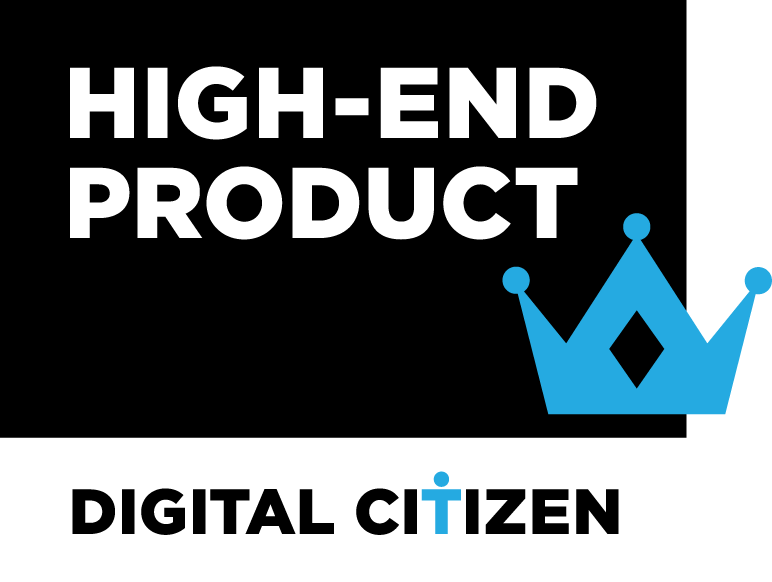
Verdict
The Huawei P20 Pro is the best smartphone created by Huawei, and it is one of the best Android smartphones of the year. Its only real competitor is the Samsung Galaxy S9 Plus, but we feel that the P20 Pro is a better deal. This smartphone impressed us with its looks, speed and its camera prowess. The artificial intelligence makes it easy for anyone to take great photos and film videos, even if you have no photography skills. Also, the face detection works great, providing almost instant unlocks. The only important thing we wished was different is the price. Huawei followed the market trend and increased their prices. As a result, Huawei P20 Pro is more expensive than the previous generation was at launch. Even so, it manages to be slightly more affordable than its competitors. Therefore, if you can afford it and you want a great smartphone, buy the Huawei P20 Pro. You will not be sorry you did. It is almost impossible to find a better smartphone.
Hardware specifications and packaging
The Huawei P20 Pro arrives in a simple white box. The only items that are printed on it are the name of the device, Huawei's logo and the text "Leica Triple Camera" that emphasizes its most important feature.
On the bottom and the sides of the box, you might also see some stickers that tell you some of the hardware specifications of the Huawei P20 Pro.
Inside the box, the first thing that greets you is the Huawei P20 Pro smartphone. Then, tucked away under cardboard support, there is a small pin for ejecting the SIM tray, the quick start guide, and a soft silicone case, the power charger with a detachable USB Type-C cable, a pair of wired headphones and a small USB Type-C to 3.5 mm headphone jack adapter cable.
The Huawei P20 Pro is available in four color variations: Twilight, Black, Midnight Blue and Pink Gold. The model that we tested was the black one, a classic color that fits most tastes.
The Huawei P20 Pro features a 6.1 inches AMOLED display with a resolution of 1080 x 2240 pixels at 408 ppi pixel density. The screen uses tempered glass (but not Gorilla Glass) that should offer protection against scratches, dust, and even against occasional drops. It is also worth noting that the Huawei P20 Pro is IP67 certified, meaning that it is dust and water resistant, up to 1 meter in depth, for 30 minutes.
The smartphone is powered by a high-end Hisilicon Kirin 970 chipset that features an octa-core processor (four Cortex-A73 cores at 2.4 GHz and another four Cortex-A53 cores at 1.8 GHz), and a Mali-G72 MP12 graphics processing unit. The Huawei P20 Pro comes with 6GB of RAM and 128 GB of internal flash storage space. It does not offer support for adding a microSD card, but you may not need that, considering the generous internal storage space. The autonomy of the Huawei P20 Pro is provided by a big non-removable Lithium-Polymer 4000 mAh battery.
On its back, the Huawei P20 Pro has a triple camera system installed. There is one camera that has 40 megapixels (RGB, f/1.8 aperture), one that has 20 megapixels (Monochrome, f/1.6 aperture) and one that has 8 megapixels (Telephoto, f/2.4 aperture). The camera system uses Leica optics, can optically zoom in up to 3x, has Optical Image Stabilization, phase detection, and autofocus, and LED flash. On its front side, it comes with an impressive single-lens camera that has 24 megapixels and f/2.0 aperture.
Regarding connectivity, the Huawei P20 Pro is available in two variations: Single SIM or Dual SIM. Both variations use Nano-SIM cards. The model that we tested was a Dual SIM one, and it uses a Dual SIM Dual Standby implementation, which means that even if both SIM cards are active when you are not using them, once you take a call on one of them, the other becomes inactive.
The Huawei P20 Pro has a USB 3.1 Type-C port, Bluetooth v4.2, NFC, infrared port, and offers dual-band wireless support for the 802.11 a/b/g/n/ac 2.4 GHz and 5GHz networks.
The smartphone also benefits from the information it gathers from its many built-in sensors: gravity sensor, ambient light sensor, proximity sensor, front fingerprint sensor, hall-sensor, gyroscope, compass, and color temperature sensor. The fingerprint reader is mounted on the front of the device, beneath the display, and has a rectangular shape with rounded corners.
The Huawei P20 Pro is a slightly larger than the average smartphone, but it is not too heavy or bulky: it has 6.10 inches in length (155 mm), 2.91 inches in width (73.9 mm), 0.31 inches in thickness (7.8 mm), and weighs about 6.35 ounces (180 grams).
For more details about Huawei P20 Pro's hardware specifications and features, visit its official webpage: Huawei P20 Pro Specs.
The unboxing experience you get from the Huawei P20 Pro is pleasant, and the hardware specifications describe a modern high-end Android smartphone.
Design and build quality
The Huawei P20 Pro is one of the most beautiful smartphones we have tested. But this statement alone is not enough for you to get an idea of just how gorgeous this smartphone is so let's take a closer look at it.
Its body is made of glass both on its display, where it is normal and mandatory, but also on its back, where the glass rounds up to the edges and ends in a metal frame. Sure, some people might say that glass is nothing more than a magnet for fingerprints, but boy, it looks good. If you care about protection, you can use the silicone case that Huawei provides, or buy yourself a fancier one.
On the back of the smartphone, the three cameras system sits gloriously on the top-left area. The cameras are slightly protruding from the smartphone's back surface. They are not, however, bulky enough to bother you. Closeby, there is also the LED flash and then the Leica branding. On the opposite corner, you can also see the Huawei name written. Both the cameras and the Huawei name are positioned vertically on the smartphone, and that makes them all the more noticeable when you keep the smartphone in a horizontal position as you will usually do when taking photographs.
The front of the smartphone is one big display with small bezels, especially on its left and right sides, but also on its top. That is also the place where the front 20 MP camera is found, taking a small area out of the display. Just like the iPhone X, the Huawei P20 Pro has what you would call a small bang, as in haircut. 🙂
On the bottom of the display, the bezel is slightly larger than the others, but this one is also quite small. In the center, you will find the fingerprint reader which has a rectangular shape with rounded corners.
The SIM tray is positioned on the left side of the Huawei P20 Pro and can be taken out by pushing the small pin provided by Huawei or by using a paper clip.
On the right edge of the smartphone, towards the top, you get the usual volume rocker and the power button. The power button is separated from the others and is easily identifiable by its red stripe.
On the bottom edge, there are the speakers, the microphone, and the USB 3.1 Type-C port. The USB port is used for charging the smartphone, but you can also use it to transfer data to and from the internal flash storage space and for plugging the headphones, or the USB to 3.5 mm audio jack adapter cable.
The Huawei P20 Pro looks beautiful, and its design is well thought out. We like how glass and metal mingle towards the edges and, although some might say otherwise, we like how the display fits the entire front of the smartphone, even if that means that the front camera is occupying a small part of the display. The tiny bezels and the glass back also add to the good impression.
If you would like to know more about the smartphone experience offered by the Huawei P20 Pro, its cameras, bundled apps, and performance in benchmarks, read the second page of this review.


 09.05.2018
09.05.2018 